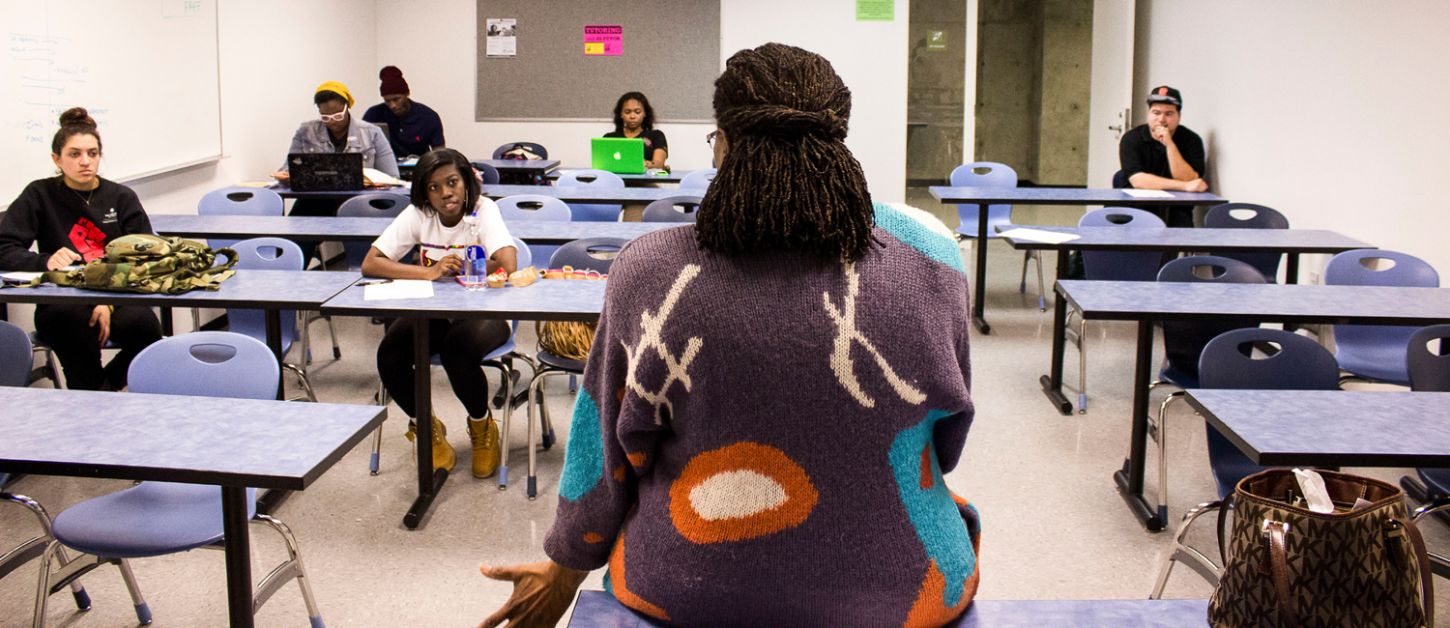NAN – The Nigeria Union of Teachers (NUT) on Wednesday, April 15, 2015 told government to increase its education budget allocation to 26 per cent in line with UNESCO’s recommendation.
The National President of the NUT, Mr Michael Olukoya, made the call in an interview with the News Agency of Nigeria (NAN) in Lagos.
He said that the recent World Children’s Report on Nigeria, announced by UNESCO was incorrect.
On April 9, UNESCO in its report listed Nigeria, Chad, Pakistan and Ethiopia as some of the countries off the six key educational goals in164 countries, achievable between 2000 and 2015.
The report launched in Paris, New York, New Delhi and Santiago, Chile, indicated that Nigeria had the highest number of children out-of-school.
According to the report, the figure represents one of the world’s worst education systems, due to a combination of reasons such as corruption, conflict and a lack of investment.
The six key educational goals in the Millennium Development Goals (MDGs) include enrolling all children in primary schools; halving adult illiteracy, and ensuring that girls had equal access to schooling.
The report said that half of the countries involved in the poor rating had failed to enroll all children in primary schools.
According to the report, three-quarters of the nations affected by the UNESCO report have not reduced illiteracy and gender disparities are still beyond average at the secondary school level.
While Nigeria, Niger, Chad, Pakistan and Ethiopia were said to be off the 2015 target, nations like Afghanistan, Nepal, Sierra-Leone, Rwanda, Tanzania and India were lauded for their efforts.
Olukoya, however, lauded Nigeria’s education policy, saying that problems occurred with the poor implementation of the policies.
“Oftentimes, funds budgeted for education is being diverted to other areas, which in turn, has caused a lot of setbacks for the sector.
“Like UNESCO decreed that 26 per cent of the budget be allocated to education, some states are trying to comply.
“But at the point of implementation and because of corruption in the system and man-made problems, funds meant for education are diverted to other areas.
“Our problem in Nigeria is leadership; if we have good leadership that is committed to education, all our children will be in school.
“We will only get the children back to school through leadership commitment and sensitisation of parents on the importance of education.
“Education is a very big industry.
“The moment we have good leadership, better funding, improve welfare for teachers, provide facilities in schools and get commitment of parents to education, we will reverse the number of out-of -school children.
Olukoya urged the president-elect to be more committed to education.
Prof. Ralph Akinfeleye, a former Head of the Mass Communication Department, University of Lagos, said that education must be given priority to meet the six UNESCO educational goals.
“I am not surprised with the report; the government has failed to invest in human development and human capital.
“How can they be equating Nigeria alongside Ethiopia, Chad and Pakistan on out-of-school children.
“It is embarrassing to us all. We have more resources but not channelling them appropriately.
“Education is central to all meaningful development; it is a catalyst to any sustainable democracy.
“Education is a propeller to any meaningful change; so, the new government must change the negative trend in the system.
Akinfeleye advised the President-elect, Major General. Muhammadu Buhari, to make education his number one priority.
He also advised the in-coming government to increase education budget to 26 per cent as minimum and to also restructure education at all levels.
“We need to get out of this poor rating in enrollment, performance and standard.
“This is the time to pay more attention to the sector and invest more because any country that fails to invest on human capital is not a state and proper country to exist in.
“Therefore, the president-elect should start from the beginning, primary, secondary and tertiary institution,” he said.
Akinfeleye urged the new government to look into the issue of allowances for lecturers in the universities.
“This is the time for the change in government to change our welfare. It is no longer stomach infrastructure but knowledge and intellectual infrastructure.







